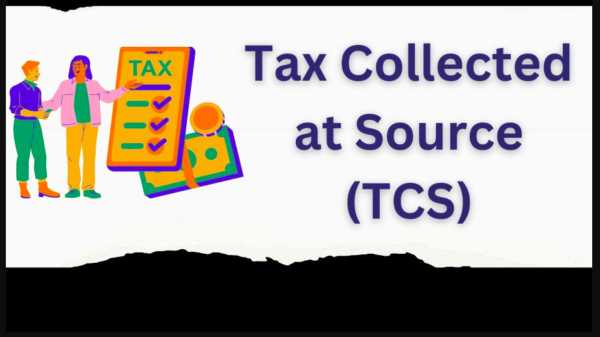Navigating Tax Collected at Source on Car | How to Claim TCS Refund? [2024]
The imposition of Tax Collected at Source (TCS) on high-value transactions, including car purchases, has been a topic of much discussion and scrutiny among buyers in India. As a part of the Income Tax Act, 1961, TCS applies to the sale of goods exceeding a specified limit. This article delves into the nuances of TCS … Continue reading Navigating Tax Collected at Source on Car | How to Claim TCS Refund? [2024]
0 Comments
